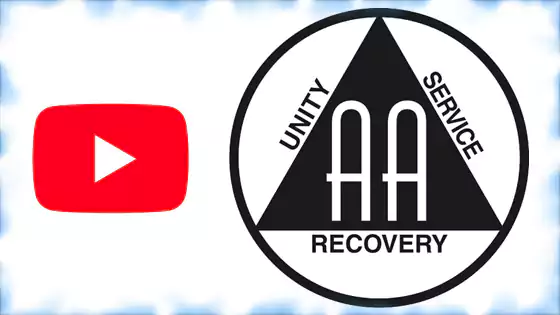
Lead Speaker Audio – Alcoholics Anonymous
Alcoholics Anonymous Lead Speaker Tips
You don’t have to be a polished speaker to give a great speech at an Alcoholics Anonymous meeting. The AA Preamble, which someone usually reads aloud at the start of most meetings, states that the AA fellowship is comprised of “men and women who share their experience, strength and hope with each other that they may solve their common problem and help others to recover from alcoholism.” Your most important task is to share your experience honestly; nobody cares if you possess great rhetoric skills. However, to deliver an AA speech that’s most likely to be helpful to others, you might consider a few suggestions.
Experience
“Drunkalogs”–AA’s colloquial term for an alcoholic’s tales of his drinking years–serve a purpose, but shouldn’t dominate your speech. Your experience as an alcoholic should draw your listeners in, letting them know you share the same illness they have. If you have a particularly funny or startling anecdote, by all means share it, but don’t linger too long on this aspect of your life. The other members of your group aren’t there to learn how to drink–they’ve already done that. Let them know, as briefly as possible, that you have to, and then get to the good part: your transformation from a drunk to a sober member of society.
First Person
You may be tempted to start preaching once you start talking about the steps you’ve taken in your recovery. However, the strength of AA’s program is that it consists of suggestions rather than rules, and the suggestions are based on what has worked for others, not on dogmatic exhortations. People approach AA’s Twelve Steps in many different ways, so if you find yourself telling the group what “they” should do or what “we” as alcoholics do, catch yourself and go back to first person “I” statements. Nobody expects or wants you to be a guru. They simply want to hear how the fellowship has worked for you.
AA-Approved Literature
If you’re like many others in AA, your “spiritual awakening” has led you to find enlightenment beyond the Twelve Steps. Perhaps you’ve joined a church or discovered meditation techniques that have further helped you in your journey of recovery. That’s part of your experience and, as such, you have every right to talk about it. However, the purpose of your lead isn’t to convert others to the spiritual practices you’ve discovered beyond AA. Mention them, but try to keep your focus on the Twelve Steps, as they are the spiritual tools you and your listeners have in common.